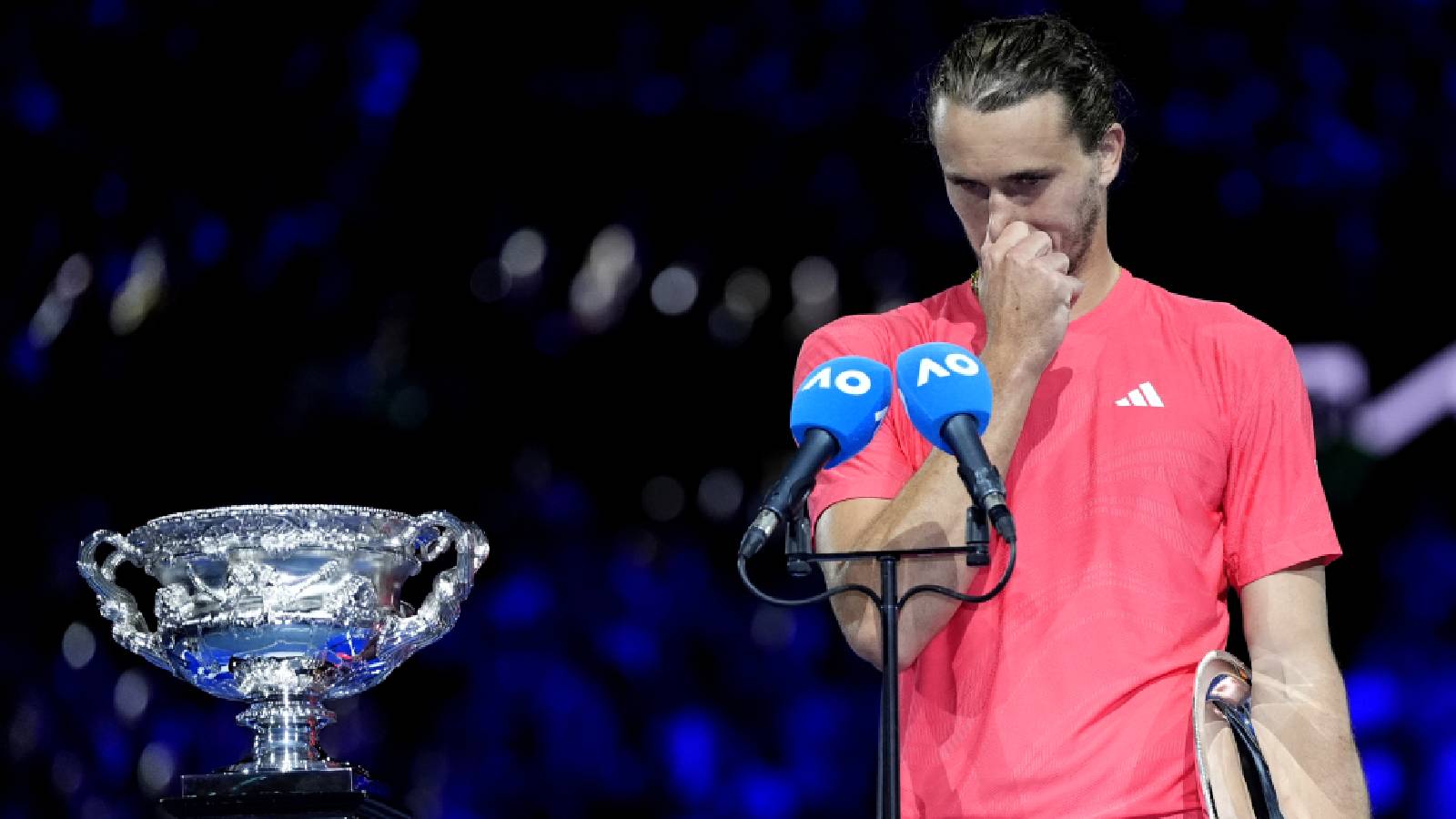 |
|
Alexander Zverev's honest assessment of his Australian Open final loss to Jannik Sinner paints a picture of both disappointment and unwavering determination. His simple yet poignant statement, “I’m just not good enough,” encapsulates the raw emotion and self-awareness that followed his straight-sets defeat. This candid admission, far from being a sign of weakness, reveals a player willing to confront his shortcomings head-on and use them as fuel for future endeavors. The weight of expectation, the pressure of competing at the highest level of professional tennis, and the sting of defeat are palpable in his words. Yet, his resolve remains unshaken, his commitment to the sport unwavering, as he vows to continue the struggle, to return to Melbourne Park and once again challenge for the title. The loss, while undoubtedly painful, serves as a testament to the immense dedication he possesses. It highlights the arduous journey of an elite athlete, emphasizing the relentless pursuit of perfection and the inherent understanding that setbacks are inevitable stepping stones on the path to success.
The match itself showcased a stark contrast in performance. While Sinner exhibited masterful control and unwavering focus, Zverev's frustration boiled over, culminating in a racquet smash during a crucial moment in the second set. This outburst, a visible manifestation of inner turmoil, underscores the intensity of the competition and the crushing weight of expectations Zverev carries. It’s a glimpse into the mental fortitude required at the highest echelons of professional sport and the delicate balance between emotional control and competitive fire. While the racquet smash might be viewed as a sign of weakness by some, it also serves as a raw display of emotion, a release of pressure, a momentary lapse in control under immense pressure. Such displays are commonplace in high-stakes sporting events, and Zverev's reaction is not uncommon among elite athletes, particularly when facing defeat in such a significant competition.
Sinner's victory, on the other hand, is a testament to his unwavering skill and mental resilience. His clinical execution and consistent pressure effectively neutralized Zverev's game, showcasing a dominance that cemented his status as a leading force in men's tennis. His win not only secured his second consecutive Australian Open title, but also propelled Italian tennis to unprecedented heights, surpassing the legacy of Nicola Pietrangeli. Sinner's consistent performance, marked by a calculated aggression and remarkable control, underscores his exceptional talent and his potential to become one of the greats in the sport. The contrast between Sinner's composed performance and Zverev's emotional outburst further highlights the psychological battles waged both within and between athletes at the highest levels of the game.
Zverev's ambition extends beyond mere participation; he harbors a deep-seated desire to conquer a Grand Slam. His candid admission that he doesn’t want to end his career without achieving this monumental feat reveals a burning ambition and a determination that fuels his relentless pursuit of excellence. The weight of this unspoken expectation, the pressure to achieve greatness, undoubtedly contributes to the intensity of his emotions. Yet, his unwavering resolve, his determination to keep trying, is a testament to his competitive spirit and his unwavering belief in himself. This ongoing struggle, the relentless push for self-improvement, is what makes the story of an elite athlete so compelling. It’s a story of perseverance, resilience, and a profound commitment to excellence, regardless of the setbacks encountered along the way.
Beyond the immediate implications of the match, Zverev's comments offer a valuable insight into the pressures and challenges faced by professional athletes. His honesty serves as a stark reminder that even the world's best players experience setbacks and face moments of self-doubt. His willingness to be vulnerable and transparent highlights a rare level of self-awareness and emotional intelligence, qualities often overlooked in discussions surrounding athletic performance. His commitment to self-improvement, his relentless pursuit of perfection, and his willingness to return to the court despite the pain of defeat offer a powerful lesson for athletes and fans alike: The true measure of success often lies not in victory alone, but in the dedication, resilience, and unwavering commitment to the pursuit of one's dreams.
